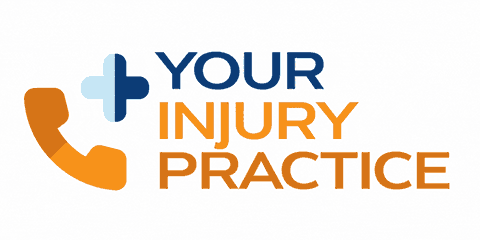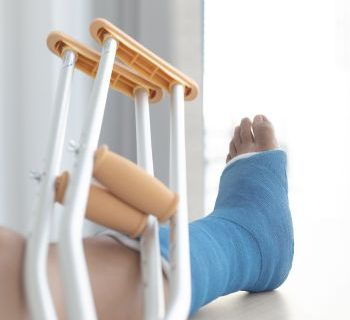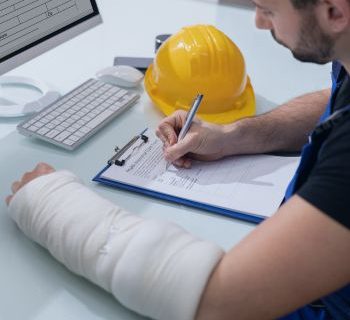Embarking on the journey to regain your health after a workplace injury requires thoughtful decisions, particularly when selecting the right professionals for your care. A strong relationship with specialized workers comp doctors can significantly enhance your path to recovery. These experts not only evaluate your condition but also develop personalized treatment strategies that encourage healing and help facilitate a timely return to work. Clear and open communication with your physician is essential for grasping the steps necessary for recovery. By engaging fully in your therapy at Your Injury Practice, you will be better equipped to navigate the complexities of the system, ensuring you return to work safely and efficiently while working closely with your workers’ compensation doctors on your path to recovery.
Understanding The Importance Of Comp Doctors
In the context of workplace injuries, specialized medical providers play a pivotal role in the recovery journey. These professionals offer targeted care that greatly influences treatment outcomes and overall recovery rates. Research indicates that individuals under the guidance of these experts tend to experience significantly faster healing compared to those who lack such specialized support. For example, a study revealed a notable 20% increase in recovery rates for workers receiving timely medical attention. Effective communication between healthcare providers and patients is essential for addressing ongoing pain and facilitating the rehabilitation process. Overall, their contribution is vital in navigating the complexities associated with recovery and ensuring a seamless return to work.
Key Steps To Navigate Your Recovery
The Role Of Physicians In Your Journey
In the complex landscape of healthcare, effective guidance is crucial for anyone navigating their recovery journey. Physicians play a vital role in this process by coordinating care and communicating seamlessly with specialists to ensure patients receive comprehensive treatment. This collaboration often includes integrated care teams that share vital information and strategies, significantly enhancing patient outcomes. Follow-up visits are essential in this journey, as they enable physicians to monitor progress, adjust treatment plans, and address any concerns that may arise during rehabilitation. Regular check-ups can prevent complications and minimize the time necessary for recovery, benefiting injured employees. By creating individualized treatment plans that cater to the unique needs of each patient, healthcare providers can effectively support injured employees on their path to recovery while minimizing the complexities of workers’ compensation claims and ensuring seamless coordination with comp doctors to facilitate their rehabilitation journey.
Effective Communication With Your Care Provider
Successful interactions with healthcare professionals can significantly influence recovery outcomes. By fostering clear dialogue, you can prevent future injuries and ensure all symptoms and concerns are thoroughly addressed. Preparing a list of issues before your appointment can promote open communication with your care provider. Utilizing straightforward language helps reduce the risk of misunderstandings. Avoiding medical jargon and seeking medical attention on any unclear points is essential. Engaging in active listening, such as nodding and summarizing the information provided, enhances the quality of communication. Inquiring about treatment options and anticipated recovery timelines is crucial. Asking questions enables injured workers to understand their medical status better and plan for any necessary steps to prevent future injuries, manage recurring work-related injuries and illnesses, adhere to light-duty restrictions, reduce the risk of re-injury, and effectively navigate the processes of seeking medical attention and compensation insurance with the support of their employer and doctor, ensuring they receive the care needed to manage medical expenses appropriately.
Healthcare Interactions
- Effective communication with healthcare professionals can lead to better recovery outcomes.
- Preparing a list of concerns before appointments enhances dialogue and understanding.
- Active listening techniques, such as summarizing, improve the quality of communication.
- Inquiring about treatment options helps injured workers plan for recovery and prevent future injuries.



